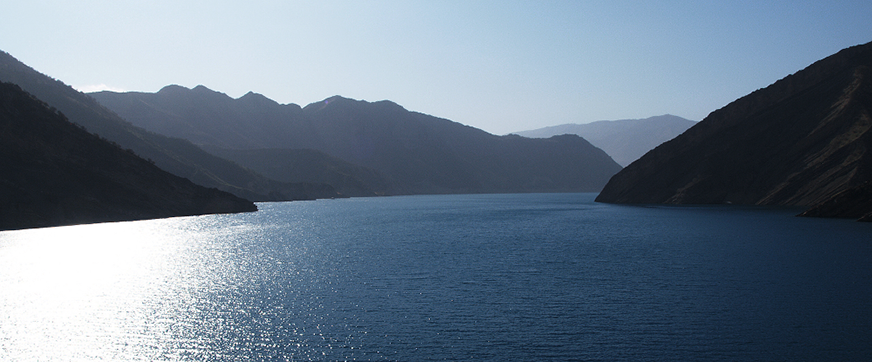Peaceful water cooperation requires new thinking
Populations are mostly growing in the regions not equipped with stable social systems able to ensure individuals can resist and recover from these crises and disasters.The extraction and export of natural resources can ease the often urgent need for foreign capital for states. However this course of action often leads to more problems, not least for ecosystems, which impacts directly on security. From a broader perspective, the benefits of regional cooperation in natural resources appear to be convincing. But there are difficulties in balancing sovereignty with regionalisation.
The concept of security, as Malin Mobjörk refers to in her Bistandsdebatten.se article has a wider meaning in this context. It extends beyond the traditional concept of defense and increasingly covers human security, sustainable ecosystems and financial systems. We know that water is essential for humans, productive sectors, economic interests but also for sustainable ecosystems. Consequently,if the largest and most reliable source of water in a country is shared with other countries, the need for cooperation is imperative.
The geographical position of a nation, upstream-downstream, in a basin amplifies the risk of imbalance in the negotiations on how water should be allocated between the countries but also how the river can be developed (e.g. existing hydropower and irrigation).
Despite these challenges , we have seen few armed conflicts over water in the world. However, we see an increasing number of hot spots over the lack of water availability within countries such as between ethnic groups and within parts of cities due to climate change and population growth.
A number of formalized institutional collaborations exist around the world, e.g. the Mekong River Commission in southeast Asia and the Okavango River Commission in South Africa. These institutions play a critical role in bringing together representatives of the different nations to the same table in order to minimize the risk of conflict but also to establish forms of cooperation.
A growing challenge that we see today is rooted in the complex decision-making processes between state institutions.In many basins there is trend towards an increasing number of sub-regional cooperation activities outside the intergovernmental agreements mediated by the institutions. The possibilities to develop new forms of regional cooperation in this manner undoubtedly exists on many levels. But to find clearer incentives for governments to engage in regional cooperation and management of a shared watercourse , we need greater uderstanding of how various regional forms of cooperation work outside of the water sector.
It is also likely that we need to understand more of how other parallel management structures affect transboundary water cooperation. Perhaps we need to consider new and different ways to meet the fragmentation developed within watersheds? We probably also need the water sector to get more exposure to see how other types of institutions, networks, partnerships and cooperation that strengthens regional integration affects water management between countries.
At SIWI, we are currently exploring the development of regional integration , exploring how different regional actors (inside and outside of the water sector) may affect the management of transboundary waters in the future. Current approaches include the Mekong River in Southeast Asia but also around the Nile in East Africa.
The challenge in this context is to understand and influence these institutions so that we contribute to socially, economically and ecologically sustainable development and management of shared water resources.
Originally published in Swedish on Biståndsdebbaten.se on 31st March 2014. Edited down to 630 words for the purposes of this blog.








